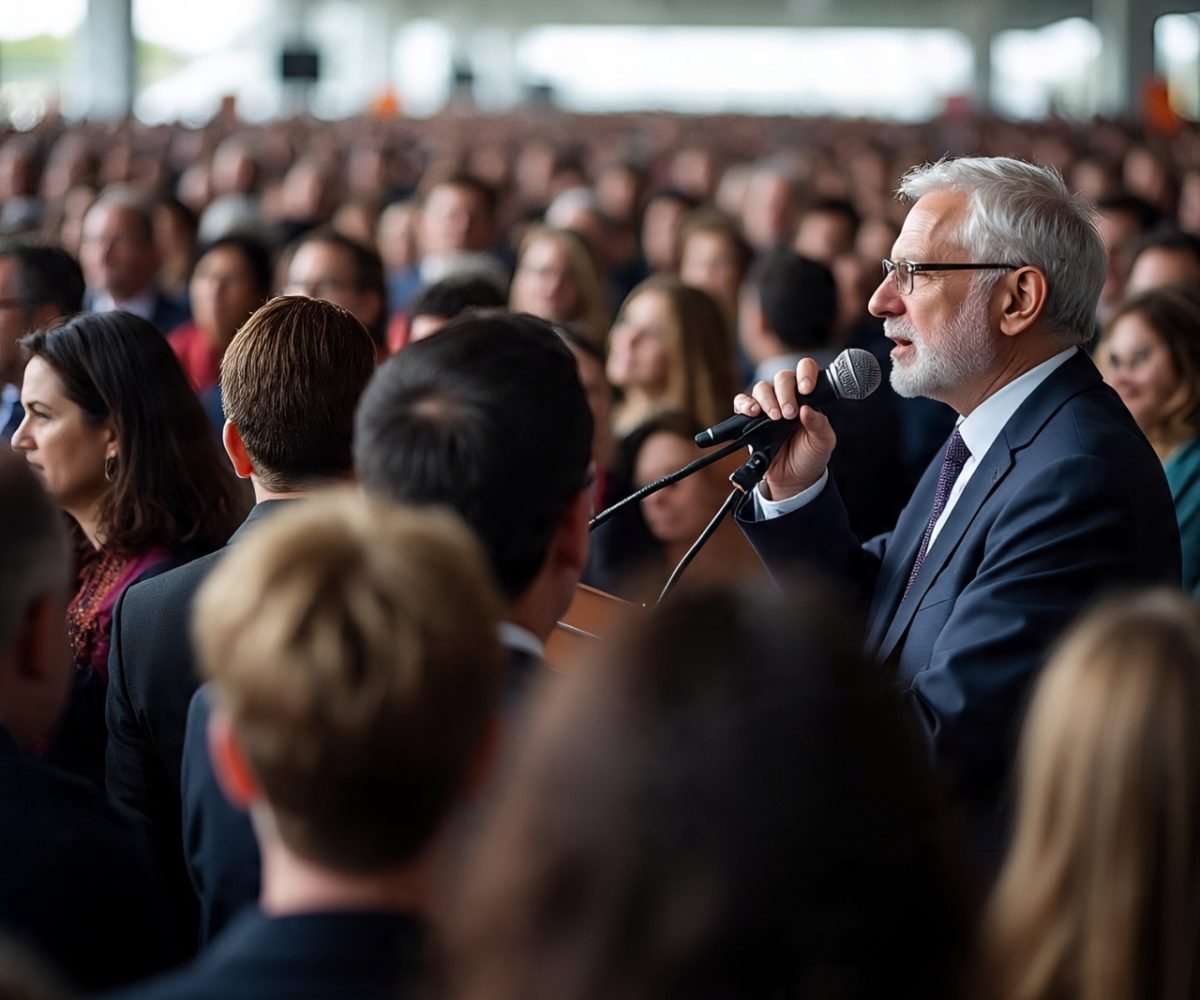Could Jeremy Corbyn’s new party significantly impact the political landscape?

Jeremy Corbyn Launches New Political Party to Challenge Mainstream Politics
London, UK – Former Labour Party leader Jeremy Corbyn has unveiled plans to launch a new political party, with the goal of “building a democratic movement that can take on the rich and powerful.” The party—yet to be officially named—is set to contest in the upcoming May local elections, positioning itself as a serious new force on the UK’s political left.
While Corbyn remains MP for Islington North, the creation of his own party has already triggered significant political speculation, particularly over how it might reshape voter loyalties across the UK. A recent poll by More In Common found that a Corbyn-led party could attract up to 10% of the national vote, potentially drawing away key support from both Labour and the Green Party.
Polling Points to Potential Disruption
The More In Common survey, conducted with around 2,000 participants, suggests that Corbyn’s party could reduce Labour’s vote share by up to three points. At the same time, Reform UK, led by Nigel Farage, could benefit by drawing more support in a divided left-wing field.
Luke Tryl, UK Director at More In Common, warned: “Even small shifts in vote share could significantly impact parliamentary outcomes in our fragmented political environment. Corbyn’s new party could be the difference between a Labour-led government and one led by Reform UK.”
Key Battlegrounds: Urban and Pro-Palestinian Areas
Analysts expect the new party to perform well in areas where pro-Palestinian independents have gained traction, including Birmingham, north and east London, and parts of northwest England. The party also looks poised to attract younger voters, especially those under 26, making university towns and inner cities likely strongholds.
With the May local elections acting as a trial run, observers will closely watch how Corbyn’s movement performs at the grassroots level—and whether it can build the infrastructure needed for a larger national presence.
Green Party Most at Risk?
The new party may pose the greatest immediate threat to the Green Party, which has benefited in recent years from disaffected Labour voters. In the last general election, Greens came second to Labour in 40 constituencies—a position that Corbyn’s party could now challenge.
Some have floated the idea of an electoral pact between Corbyn’s group and the Greens to avoid splitting the left-wing vote. Corbyn himself is reportedly open to such cooperation. James Schneider, a close ally and organiser of the new movement, told the BBC that talks with the Greens would be “logical.”
Likewise, Zack Polanski, a candidate for Green leadership, expressed interest in working with those opposing Reform UK and the Conservatives. But not all Greens are convinced. Fellow leadership contender Adrian Ramsay warned against becoming “a Jeremy Corbyn support act,” insisting the party must protect its distinct identity and broad voter appeal.
A Party with Recognisable Leadership
Corbyn’s national profile gives his party an edge in visibility compared to the Greens, according to Professor Rob Ford of the University of Manchester. Speaking on BBC Radio 4, he noted, “There is no Green Party figure with anything like Corbyn’s recognition.”
However, Ford added that the Greens’ strong environmental focus could provide space for both parties to co-exist—so long as their campaigns are carefully coordinated.
So far, four pro-Gaza MPs, previously aligned with Corbyn, are expected to form the backbone of the new party. Former Labour MP Zarah Sultana is also rumoured to join.
As the party readies for its political debut, it faces both opportunity and risk. Its success may depend on whether it can form alliances without fragmenting the progressive vote—and whether it can convince the public that it offers a fresh, credible alternative in a crowded political field.
FOR FURTHER QUERRY CONTACT US
